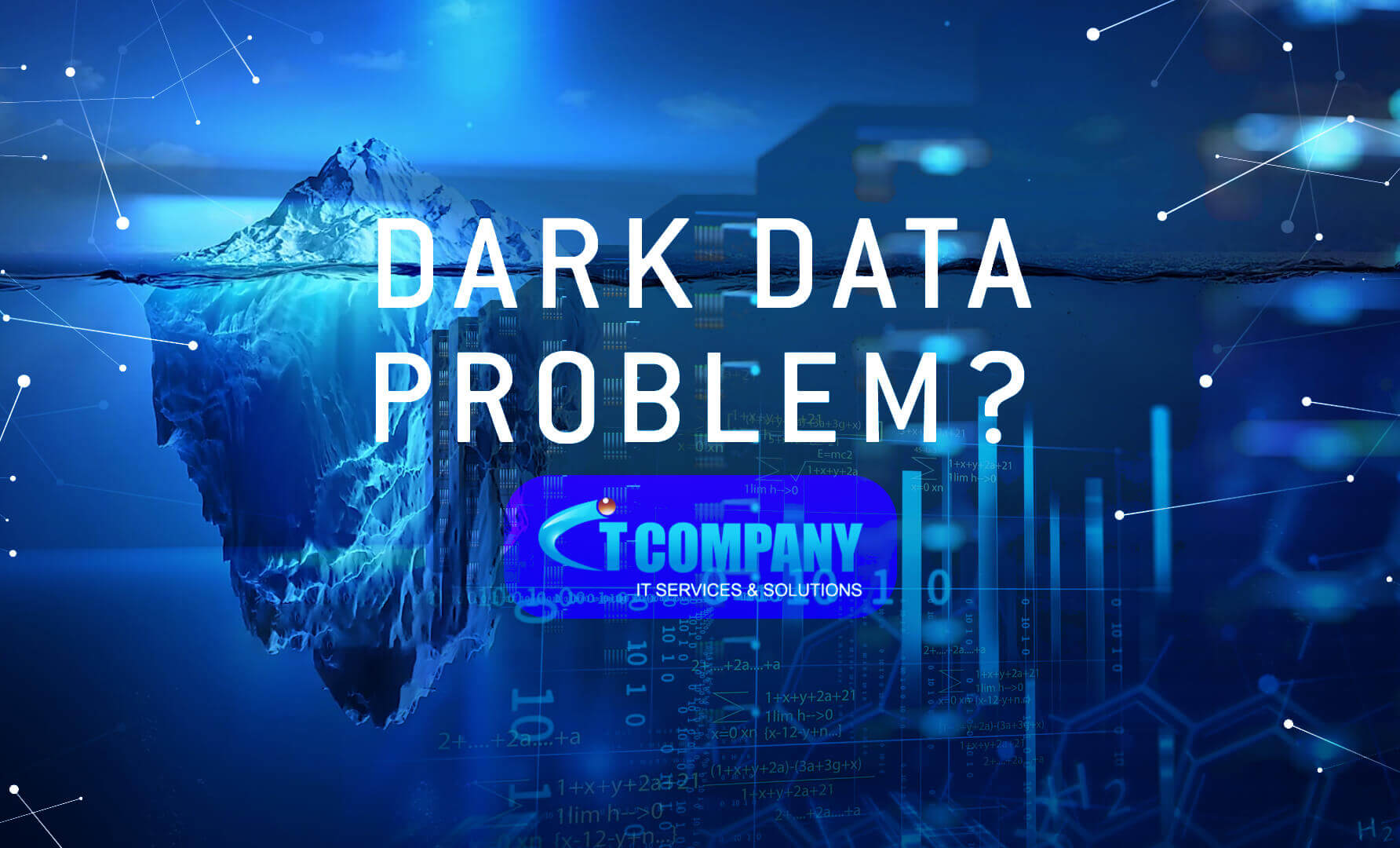Don’t be fooled by the name: dark data is all too transparent – to evil actors, that is.
Dark data is information that a corporation retains but no longer requires. It is often surprising to see how much data is stashed away in the computer systems of companies- on laptops, file servers, and cell phones.
Moreover, it includes everything from ex-employee files to out-of-date customer information, phone numbers, and email addresses. As well as some systems contain credit card details, SSNs, healthcare records, and even old surveillance recordings.
Furthermore, businesses frequently ignore this information as if it were old boxes in the attic, something to be dealt with “someday”. Dark data is incredibly important to cybercriminals, who will go to tremendous efforts to obtain it for harmful objectives. They might sell it, use it to commit financial fraud, or even blackmail you. However, if they do, your organization might suffer significant brand harm and perhaps face legal liabilities.
Moreover, There is evidence that corporations are becoming aware of the risks. According to DFIN’s latest report, approximately 70% of industry leaders polled believe that retaining specific information poses more danger than benefit to the organization. Nevertheless, according to 53% of combined IT and C-Level respondents, dark data is a highly important issue.
Business executives must identify dark data and choose if it should be stored, protected, or purged. Here are a few pointers:
Table of Contents
ToggleBring your dark data to light
Bringing your data to light is the greatest method to understand what you have and how it should be protected. In addition, select software that searches the dark corners of your organization for and surfaces dark data. As a preventive step use managed database services to properly store your data.
Phishing efforts should be avoided
Phishing is getting increasingly common, to the point that services are now available that allow scammers to effortlessly target and abuse audiences. Similarly, 52% of our survey respondents reported a rise in phishing events, which were also the most prevalent type of possible breach. Be certain that your most sensitive information is adequately protected, and redacted to prevent it from entering the hands of the wrong people. Moreover, make sure to use secure email services to prevent phishing attempts.
Before disposing of assets, clean them
Before disposing of or giving outdated gear and gadgets, make certain that they have been thoroughly cleaned of all corporate information. Learn about Safe IT Asset Disposal practices and choose a suitable partner to manage this for your business.
Restriction of access to personal information
Strengthen protection around critical information, such as Social Security numbers and credit card data, and make it only available to selected high-level personnel. This reduces the likelihood of such dark data being intentionally or unintentionally leaked.
Inform staff about potential cyber hazards
Data privacy standards are tightening everywhere you do business, and noncompliance can result in multi-million-dollar fines. Safeguard your assets by increasing corporate knowledge and investing in software that automatically redacts personally identifiable information (PII) and other sensitive data.
Choose a partner who comprehends your security position
Cybersecurity software can supplement your organization’s security team. Select a software vendor who understands and can meet, if not surpass, your cybersecurity requirements.
Cyber-attacks are on the rise for a good reason: they are extremely profitable for the crooks who carry them out. We anticipate that these malicious actors will progressively target dark data in the next months and years. Your business can avoid being a victim if you take the necessary precautions today.







